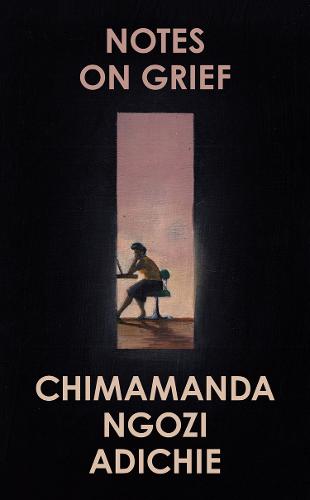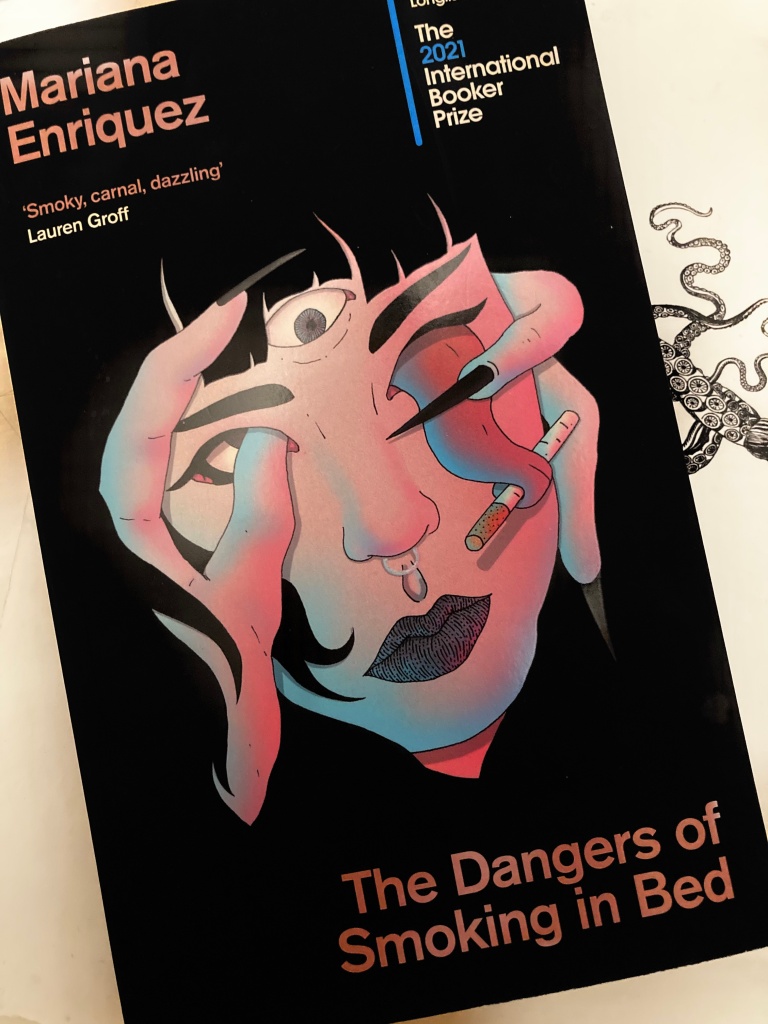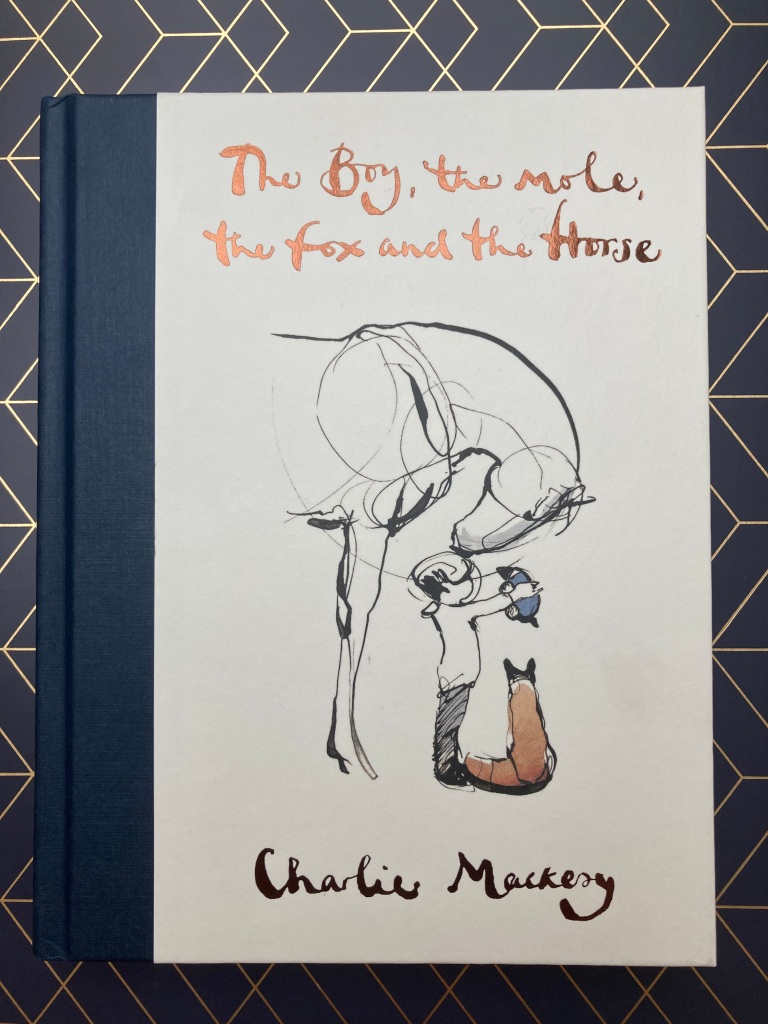Yesterday was Nigerian Independence Day and, to recognise it in my capacity as an English Teacher, I discussed it with my pupils alongside the literary work Notes on Grief by Chimamanda Ngozi Adichie.
I saw Chimamanda Ngozi Adichie speak about this wonderful, heartbreaking (and, at times, heartwarming) collection of essays at the Southbank Centre last Friday – she was amazing. It is rare to see a woman discussing her emotions onstage, particularly for two hours or so, and it is also rare to hear experiences of grief being shared so openly. I felt privileged to have been there.
I was taken aback by how quickly Adichie was able to write this collection. She wrote it just 3 months after her father’s death. The surprise came because, after my best friend died, it took me almost 3 years to compose poetry about him in a way that I feel is meaningful. Adichie spoke about how people cope differently with grief, and noted that it was important for her to be able to talk to (and sometimes, laugh with) other people (particularly her siblings), about her father. This was interesting for me to hear, because I have no-one to share stories about my friend with really, and it helped me realise why my struggles with grief felt so lonely. Of course, I could speak to my parents and his parents, but I don’t have any peers who knew him in the way that I did.
Adichie spoke about the significance of love when grieving. She writes in her essays:
A friend sends me a line from a novel I wrote: “Grief was the celebration of love, those who could feel real grief were lucky to have loved.” How odd to find it so exquisitely painful to read my own words.
Whilst Adichie found this sentence painful, I felt sense of peace from her words. If I hadn’t loved my friend with such immense depth, I wouldn’t feel grief with such intense sorrow. When hearing and, afterwards, reading this, I felt my feelings were truly valid. That even if I wasn’t sure how my friend felt about me (he killed himself, which made me question our relationship for a long time), I was entirely sure how I felt – and feel – about him. And that is important.
I am grateful to have heard and read Adichie’s words, and I am so glad grief is being talked about. It is something often avoided in discussion, but unfortunately, it’s something everyone will experience. I teach about suicide every year in the English curriculum (An Inspector Calls, Jekyll & Hyde, Mrs Dalloway) and yet we never hear much about the family and friends who are affected. It is an interesting literary trope, but it was very hard to teach during my first year.
The best question I was ever asked about my friend, after he died, was: what do you miss about him? This gave me an excuse to talk about everything I love(d) about him, and it meant I didn’t have to explain his death. If you’re stuck with what to say to someone grieving – after you’ve said that you’re sorry – I think asking what they miss about that person is a good place to start.
(You can find Chimamanda Ngozi Adichie’s Notes on Grief, published in the New Yorker, here; or you can buy the very beautiful book, like I did.)










